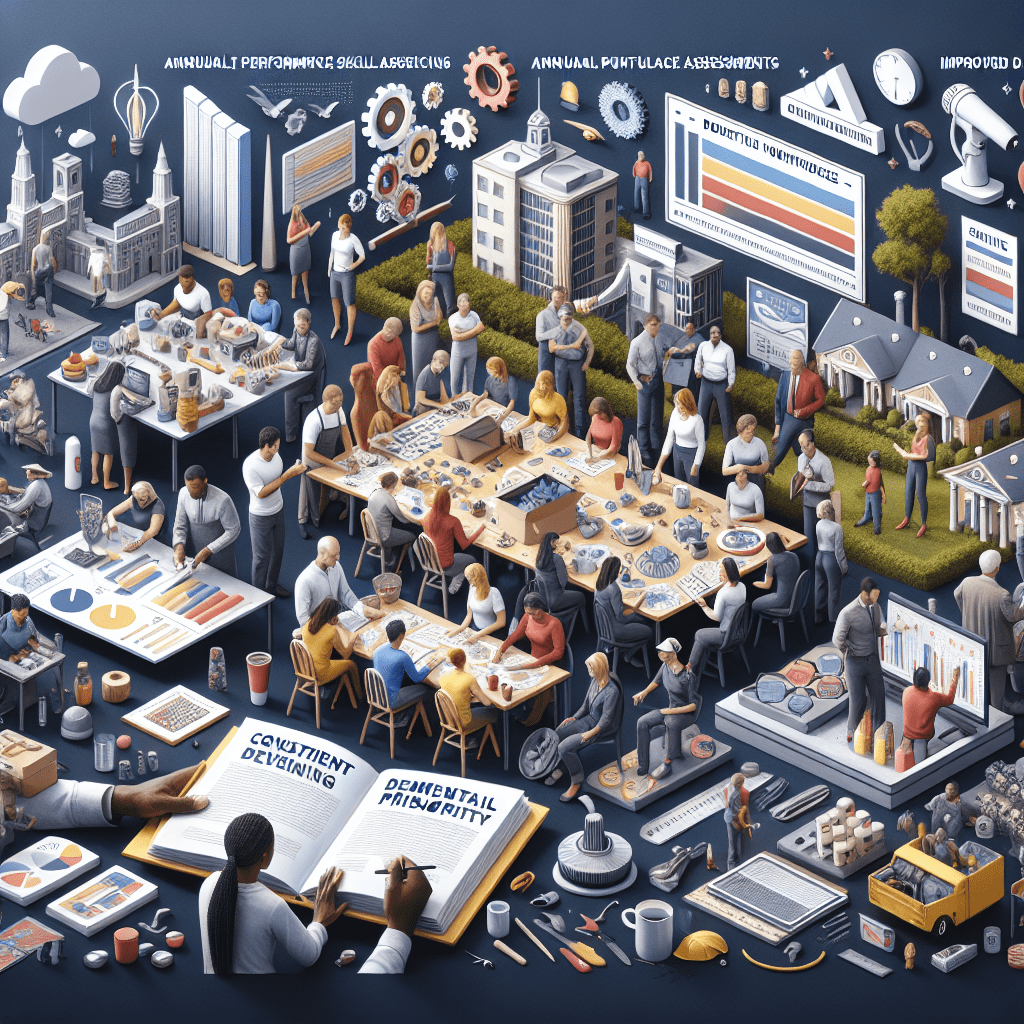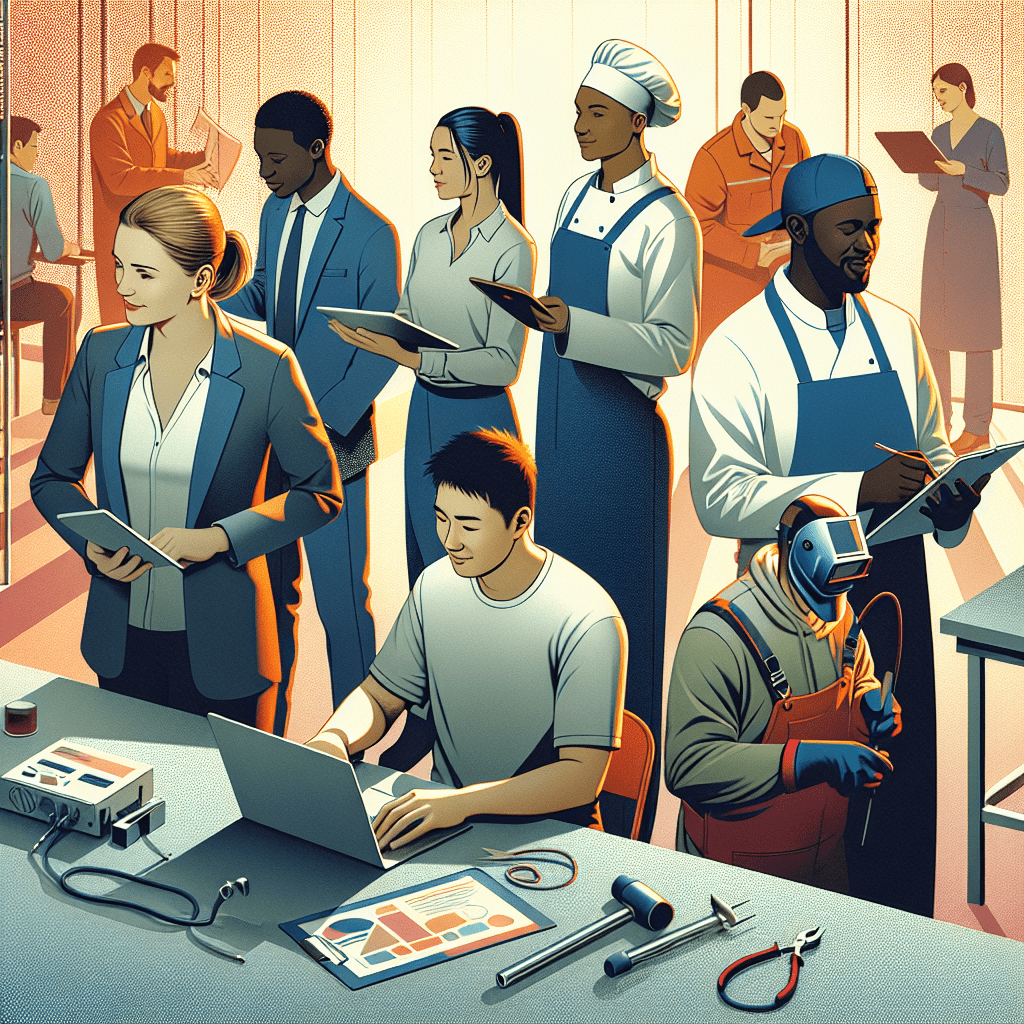
Empowering the Future: Why Skills Development is Essential for National Growth

Why Skills Development Should Be a National Priority
When it comes to fortifying our economy, one truth stands clear: skills development is not just an afterthought, it’s a national priority. As we sit on the brink of a new era in education, now is the time to embrace a robust approach to skill-building that ensures we don’t just follow trends but set them.
The new vision from Education Secretary Bridget Phillipson for Skills England is an exciting step in the right direction. It’s all about ensuring we have the right skills to not only keep pace with changes but to lead the way into the future. So, what does this new vision entail? Let’s sip our coffee and dig a bit deeper.
What’s on the Agenda?
With a focus on four pivotal areas, the agenda is clear and ambitious. Here’s the breakdown:
1. **Consistency in Local Skills Improvement Plans:** Each community should have a clear path tailored to its unique needs. This means local employers, schools, and training providers need to collaborate closely.
2. **An Annual Skills Assessment:** By tracking our progress regularly, we can remain agile, identifying areas needing improvement before they affect the workforce. It’s like keeping your finger on the pulse!
3. **Boosting Our Domestic Workforce:** We all know that relying on overseas talent can sometimes leave us vulnerable. Strengthening our home-grown talent pool is essential, not just for job security, but for innovation too.
4. **Streamlining Access to Vital Skills:** Making it easier for individuals to access training and resources will empower more people to upskill and reskill, bridging the existing gaps in various sectors.
It’s lofty, yes, but with the right mindset, it’s absolutely achievable.
Why Is This Important?
Now you might be wondering, why should we care about skills development? Well, consider this: a skilled workforce is vital for attracting investment, driving innovation, and building communities. The more skilled individuals we have, the better positioned we are as a nation to thrive in a global economy.
I’ve always believed that learning should never stop. Whether it’s picking up a new hobby or furthering your professional skills, the journey of education enriches our lives. When I think back to my early days, I can see how important each skill I picked up was in shaping my path. It’s not just theory; it’s practical application.
Are We Ready to Seize This Opportunity?
The pressing need for a skilled workforce can often feel daunting. But here’s the great news: this new framework isn’t just about numbers or policies; it’s about people. Are we prepared to embrace this opportunity and shape a brighter future for skills in the UK?
Perhaps more importantly, are we willing to champion this cause in our communities? It’s all well and good for government policies to change, but true transformation begins at the grassroots level. Educational institutions, local businesses, and individuals all have a pivotal role to play.
Remember, every great change starts with a conversation. So, are we discussing skills development enough at home, in the workplace, and in our schools? What can you do today to spark change in your community?
Final Thoughts
In summary, the pathway to a more skilled nation is laid out before us. It’s not just the government’s job to lead the way; it’s about each of us doing our part. We all have the power to drive this change—whether that means mentor- ing someone in our field, investing in our own education, or simply starting a community discussion.
Embrace this pivotal moment, and let’s collaborate to weave a more skilled future into the fabric of our society. What skills do you think are most important for the future, and how can we encourage the sharing of them? Let’s keep the conversation rolling!
#SkillsDevelopment #Workforce #CitySkills





